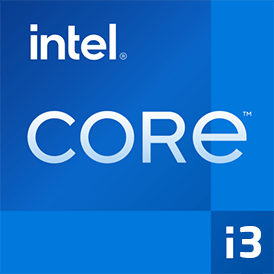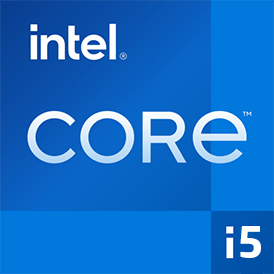
What's the best choice Intel Core i5-9500 or Intel Core i3-8130U? Which processor is faster?
We have prepared a comparison to help you choose the best processor. Compare their specifications and benchmarks.
Intel Core i5-9500 has a maximum frequency of 3.00 GHz. 6 Cores. Power consumption of 65 W. Released in Q2/2019.
Intel Core i3-8130U has a maximum frequency of 2.20 GHz. 2 Cores. Power consumption of 15 W. Released in Q1/2018.
 Reasons to consider
Reasons to consider Place in the overall ranking
(based on several benchmarks)
Higher clock speed
Around 27% better clock speed
More number of cores
4 times more cores
Higher turbo clock speed
Around 23% better overclocked clock speed
Common positions Intel Core i5-9500 CPU in popular benchmarks, for comparison with other models.
 Reasons to consider
Reasons to consider Place in the overall ranking
(based on several benchmarks)
Performance per watt
About 0.23 times less performance per watt
Common positions Intel Core i3-8130U CPU in popular benchmarks, for comparison with other models.
 Intel Core i5-9500
Intel Core i5-9500

Background information about the processors being compared, series, generation and market segment.
Basic parameters such as number of cores, number of threads, base and turbo frequency, and cache size. These parameters indirectly tell about the speed of the processor, the higher they are the better.
Internal Graphics does not affect the performance of the CPU, performs the work of the graphics card in its absence or on mobile devices.
Built-in codecs used to encode and decode content. Significantly speeds up the required operations.
Types, channel quantity of RAM supported by Intel Core i3-8130U and Intel Core i5-9500. Depending on the motherboards, higher or lower memory frequencies may be supported.
Compare the TDP requirements of TDP Intel Core i5-9500 and Intel Core i3-8130U to select a cooling system. Note, the TDP value refers to thermal watts, not electrical watts.
Architecture, interfaces, additional instructions supported by Intel Core i5-9500 and Intel Core i5-9500, virtual machine technologies and process technology.
Based on the results of several benchmarks, you can more accurately estimate the difference in performance between Intel Core i5-9500 and Intel Core i3-8130U.
Compare the synthetic test values and choose the best processor!